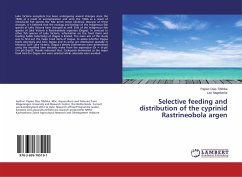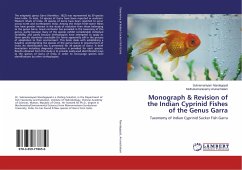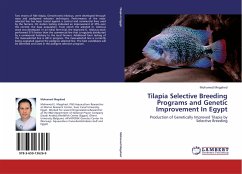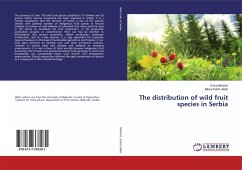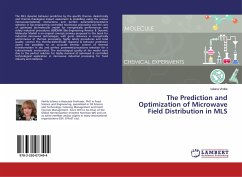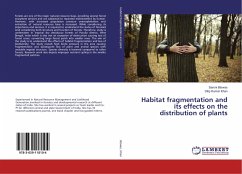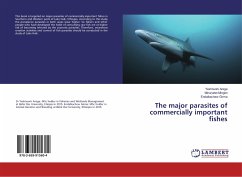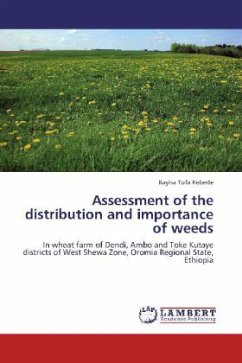Lake Victoria ecosystem has been undergoing several changes since the 1920s as a result of eutrophication and since the 1950s as a result of introduced fish species like Nile perch (Lates niloticus). Because of these changes, it is believed that the ecology and biology of the indigenous fish species of Lake Victoria have changed as well. One of the indigenous fish species of Lake Victoria is Rastrineobola argentea (Dagaa). In contrast to other fish species of Lake Victoria, information on the food items and feeding habits (selectivity) of Dagaa is limited. The main aim of this study was to find out the major food items of Dagaa, to assess whether Dagaa feeds selectively and how Dagaa and its preys are distributed spatially in Mwanza Gulf- Lake Victoria. Dagaa's dietary preferences were determined using the modified Ivlev electivity index from the expression (Di = (ri-pi)/ ((ri+pi)-(2ripi))). Results indicated that, Cyclopoids dominated as the major food item for Dagaa and were selected while calanoids were avoided.
Bitte wählen Sie Ihr Anliegen aus.
Rechnungen
Retourenschein anfordern
Bestellstatus
Storno

